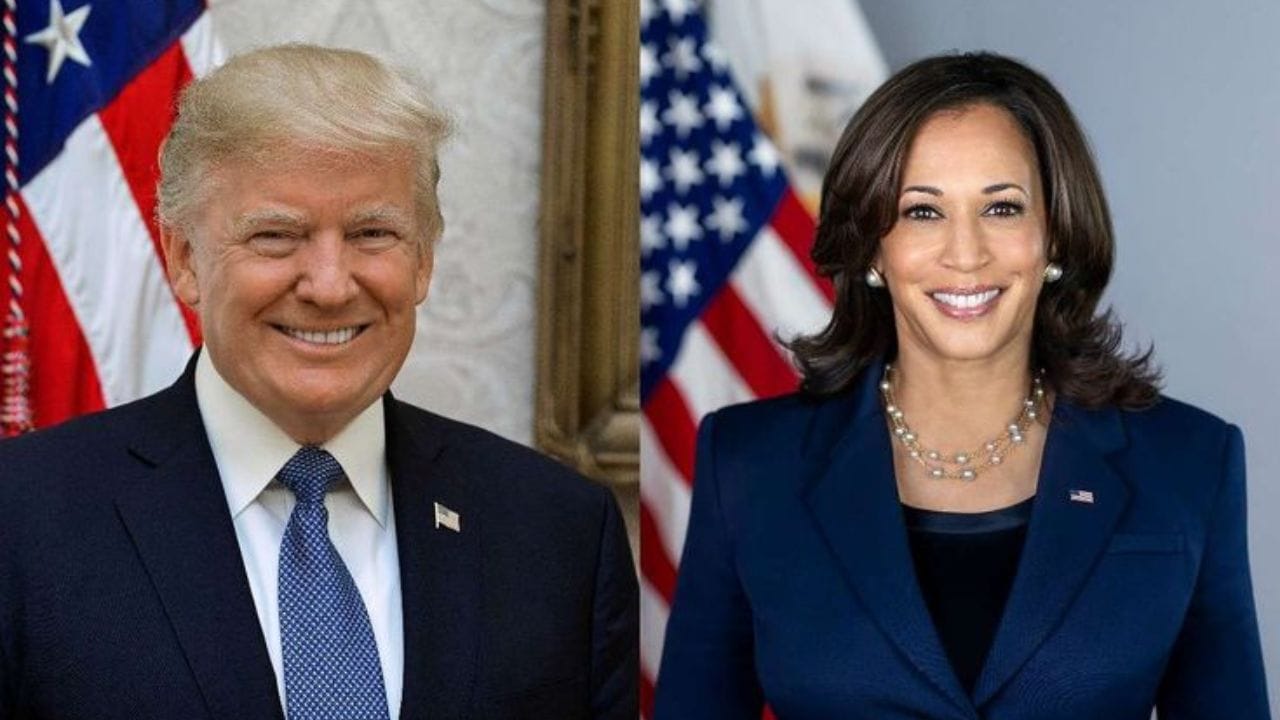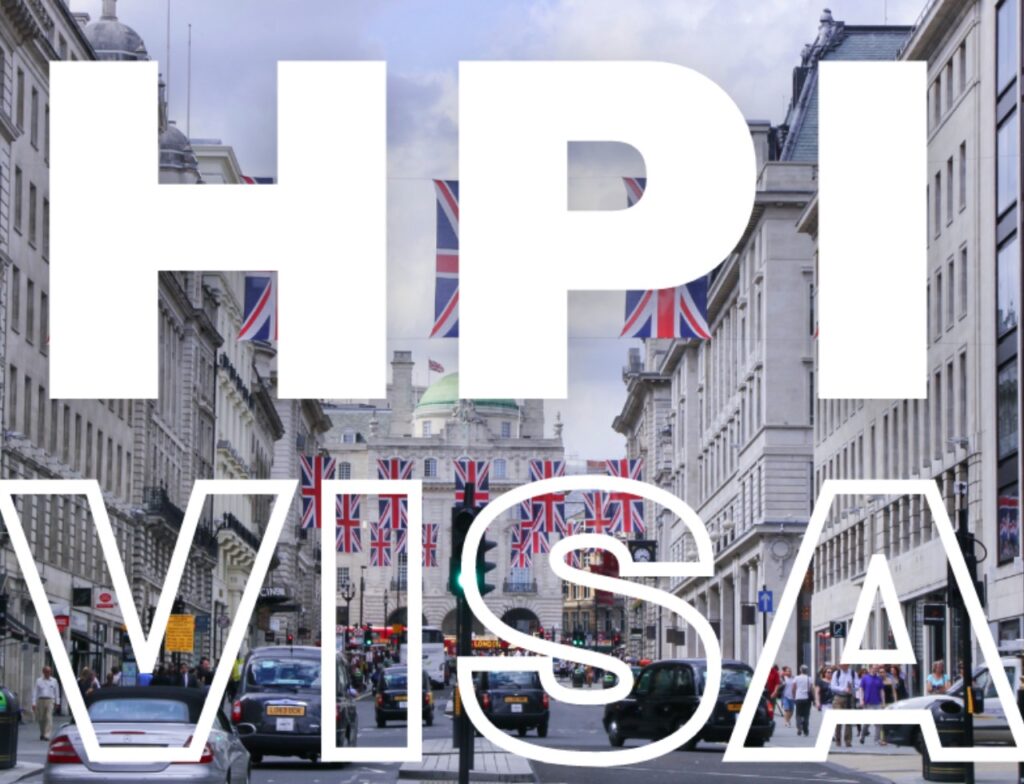The 2024 U.S. Presidential Election will have a strong impact on Indian nationals in the US. because the result would determine changes in immigration policies, which directly affects millions. Kamala Harris approach to immigration is utterly opposite from the current President Donald Trump, especially when talking about policies relating to border control, processing of asylum, safe channels of legal immigration, and even a pathway to citizenship. Given that these policies could have an impact on residence, work permits, and family reunification for Indian nationals, it would be interesting to know in what ways the stances of the two leading candidates may cause a seismic shift. For instance, the immigration policy stance of Kamala Harris is actually considered more balanced toward humanitarian concerns.
Kamala Harris’s immigration plan is a balanced approach focused on law enforcement, humanitarian approach, and support towards pathways to citizenship. The framework of Harris’s policy focuses on
Enhanced Border Security and Root Causes: Harris supports border security but also would address the root causes of migration, particularly from Latin America. This could mean better, more stable immigration processes for Indian nationals without increased barriers.
Harris also supported pathways to citizenship for undocumented immigrants, especially for the DACA recipients. This approach would be able to offer Indian families long-standing relationships with the U.S. a pathway to secure legal status and eventually citizenship.
This streamlines the legal immigration process, and this includes H-1B work visas, which can prove advantageous for the Indian professional in the working of technology as well as many other sectors reliant on the skilled workforce.
Harris’s policy will promote a more predictable and stable immigration environment for Indian families and companies. Legal immigration reforms, family reunification, and the reduction in immigration focus on what Indian IT firms and other businesses need-the preservation of critical pathways to employment and residency.
Donald Trump Immigration Policy: Border Control and Reduced Immigration
Immigration: Trump’s campaign focuses on more stringent control of borders, a reduction in legal immigration, and strict enforcement of undocumented immigrants. These include:
Strict Border Control Measures: Trump is said to revive some of these programs, such as the “Remain in Mexico” and Title 42, which enable the exclusion of immigrants based on a health emergency. For the Indians, strict policies would relate to entry into the border, increasing stringent checks with fewer options for the asylum seekers or job prospectives in the United States.
Reduction of Legal Immigration and Merit-Based System: Trump will reduce legal immigration levels and end diversity visa lottery programs. Trump is more in favor of a merit-based system, giving more preference to those who have something unique to offer instead of those with families. This could affect family-based immigration for Indian nationals looking to join family members there.
Huge Repatriation: Trump has vowed to be a part of one of the biggest repatriation efforts in American history, which may spell doom for many Indian residents in the country who do not have clear legal status. His enforcement policy is broadly defined and may increase confusion for Indian nationals, especially those on temporary visas or awaiting pathways to citizenship.
Impact on Indian Nationals and Business Houses
Immigration policies of Trump would pose challenges for Indian nationals and businesses. Lesser hope of family reunification and deportation would send shockwaves of fear in Indian families living in the United States. Companies, especially technology, would be restrained as fewer candidates will remain for H-1B and work visas. It will become tough for Indian professionals to get jobs in the United States.
Key Comparing Factors: Harris vs. Trump on Immigration
- Roads to Citiership
Kamala Harris: She favors roads to citizenship, particularly to DACA recipients and those with long-term connections in the U.S.
Donald Trump: He opposes any new pathways for undocumented immigrants, pushing for enforcement and removal instead. - Asylum Policies
Kamala Harris: Intentions to restore a more humane and organized asylum process, and criticizing previous family separation policies.
Donald Trump: Plans to make asylum standards tougher, and strictly separate the families under the “zero tolerance” policy. - Legal Immigration and H-1B Visas
Kamala Harris: Wants to speed up legal immigration, this will provide preferences to workers skilled and family reunification.
Donald Trump: Hope for fewer legal immigration services while focusing on merit-based entry and a drastic decrease of family-based legal admissions. - Enforcement and Deportation
Donald Trump: He promises massive deportation supported by laws like the Alien Enemies Act, leaving no more uncertainty for an illegal immigrant than he ever would.
Conclusion: So What Does This Mean For Indian Nationals And Companies
The future of immigration in the U.S. will be decided by the outcome of the 2024 U.S. Presidential Election. Harris’s policies are more pro-immigrant than Trump’s as she focuses on both enforcement and openings to lawful immigration and citizenship. In contrast, Trump’s approach offers tighter controls, greater deportations, and lower legal immigration levels, which raises uncertainty for Indian families and businesses in the U.S.
Indian nationals and companies now await the manner in which these policies will shape their future in the U.S. whether for family reunification, career opportunities, or stability-the stakes are high for Indian communities as they await the direction in which U.S. immigration policies will be shaped.





